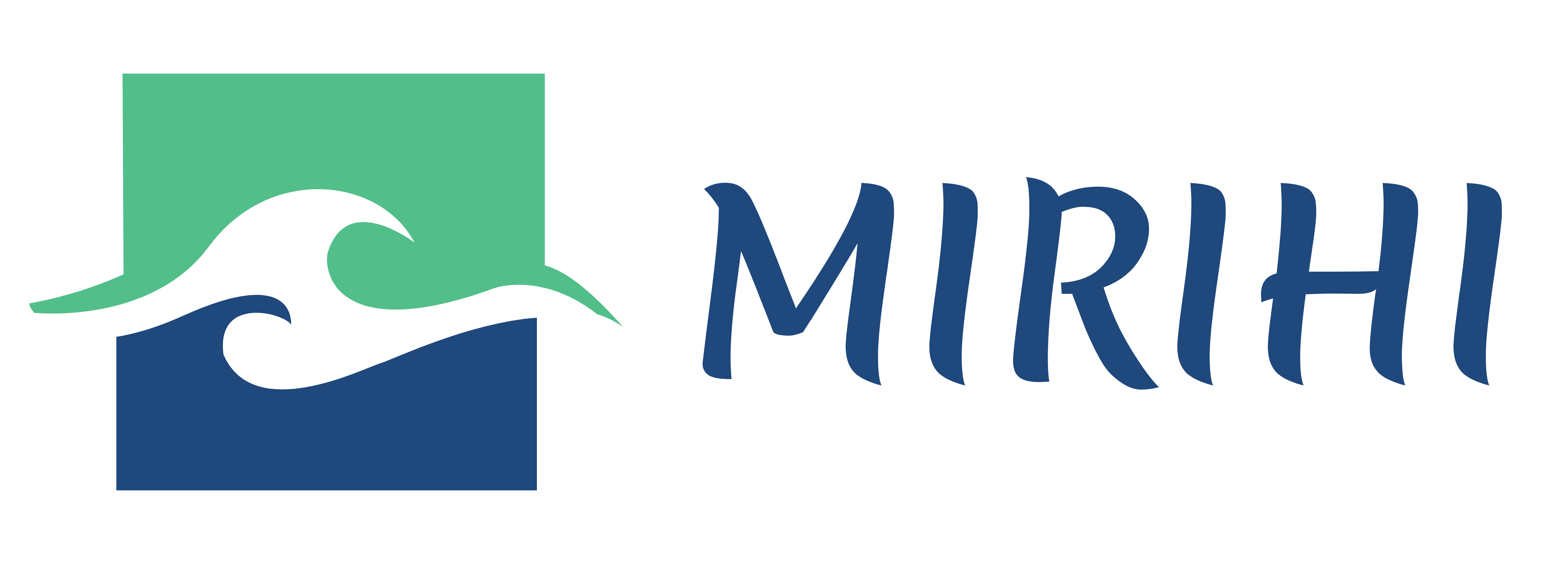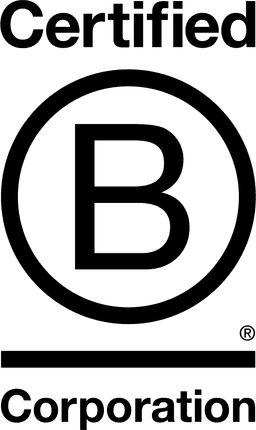

Mirihi Inversions

Catalonia, Spain
April 2025
Management consultant - for-profits
Service with Minor Environmental Footprint
Spain
Mirihi specializes in strategic consulting and sustainable distribution of technology and innovative products, transforming businesses with a strong commitment to sustainability. Their consulting division enhances client competitiveness through transformation projects that integrate responsible practices across the value chain. Mirihi supports companies in evolving procurement, supply chain, and international business development, incorporating ESG criteria for measurable impacts on results and the environment. They offer a global perspective with agile, tailored execution. In parallel, Mirihi acts as a specialized distributor of high-value solutions in health and beauty. They partner with established companies to introduce their technologies to new markets, prioritizing traceability, quality, and strong environmental and social practices in their supply chain. With international operations and a robust logistics network, they guarantee efficient, reliable service adhering to stringent regulatory standards. Guided by sustainable economic development, Mirihi integrates innovation, operational excellence, and corporate responsibility into every project. Their B Corp certification underscores their commitment to creating value for people, organizations, and the planet.
Overall B Impact Score
Governance 16.7
Governance evaluates a company's overall mission, engagement around its social/environmental impact, ethics, and transparency. This section also evaluates the ability of a company to protect their mission and formally consider stakeholders in decision making through their corporate structure (e.g. benefit corporation) or corporate governing documents.
What is this? A company with an Impact Business Model is intentionally designed to create a specific positive outcome for one of its stakeholders - such as workers, community, environment, or customers.
Workers 33.2
Workers evaluates a company’s contributions to its employees’ financial security, health & safety, wellness, career development, and engagement & satisfaction. In addition, this section recognizes business models designed to benefit workers, such as companies that are at least 40% owned by non-executive employees and those that have workforce development programs to support individuals with barriers to employment.
Community 30.4
Community evaluates a company’s engagement with and impact on the communities in which it operates, hires from, and sources from. Topics include diversity, equity & inclusion, economic impact, civic engagement, charitable giving, and supply chain management. In addition, this section recognizes business models that are designed to address specific community-oriented problems, such as poverty alleviation through fair trade sourcing or distribution via microenterprises, producer cooperative models, locally focused economic development, and formal charitable giving commitments.
What is this? A company with an Impact Business Model is intentionally designed to create a specific positive outcome for one of its stakeholders - such as workers, community, environment, or customers.
Environment 13.0
Environment evaluates a company’s overall environmental management practices as well as its impact on the air, climate, water, land, and biodiversity. This includes the direct impact of a company’s operations and, when applicable its supply chain and distribution channels. This section also recognizes companies with environmentally innovative production processes and those that sell products or services that have a positive environmental impact. Some examples might include products and services that create renewable energy, reduce consumption or waste, conserve land or wildlife, provide less toxic alternatives to the market, or educate people about environmental problems.
Customers 5.6
Customers evaluates a company’s stewardship of its customers through the quality of its products and services, ethical marketing, data privacy and security, and feedback channels. In addition, this section recognizes products or services that are designed to address a particular social problem for or through its customers, such as health or educational products, arts & media products, serving underserved customers/clients, and services that improve the social impact of other businesses or organizations.
What is this? A company with an Impact Business Model is intentionally designed to create a specific positive outcome for one of its stakeholders - such as workers, community, environment, or customers.